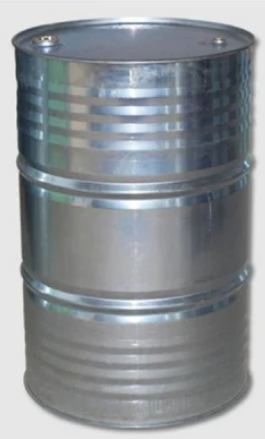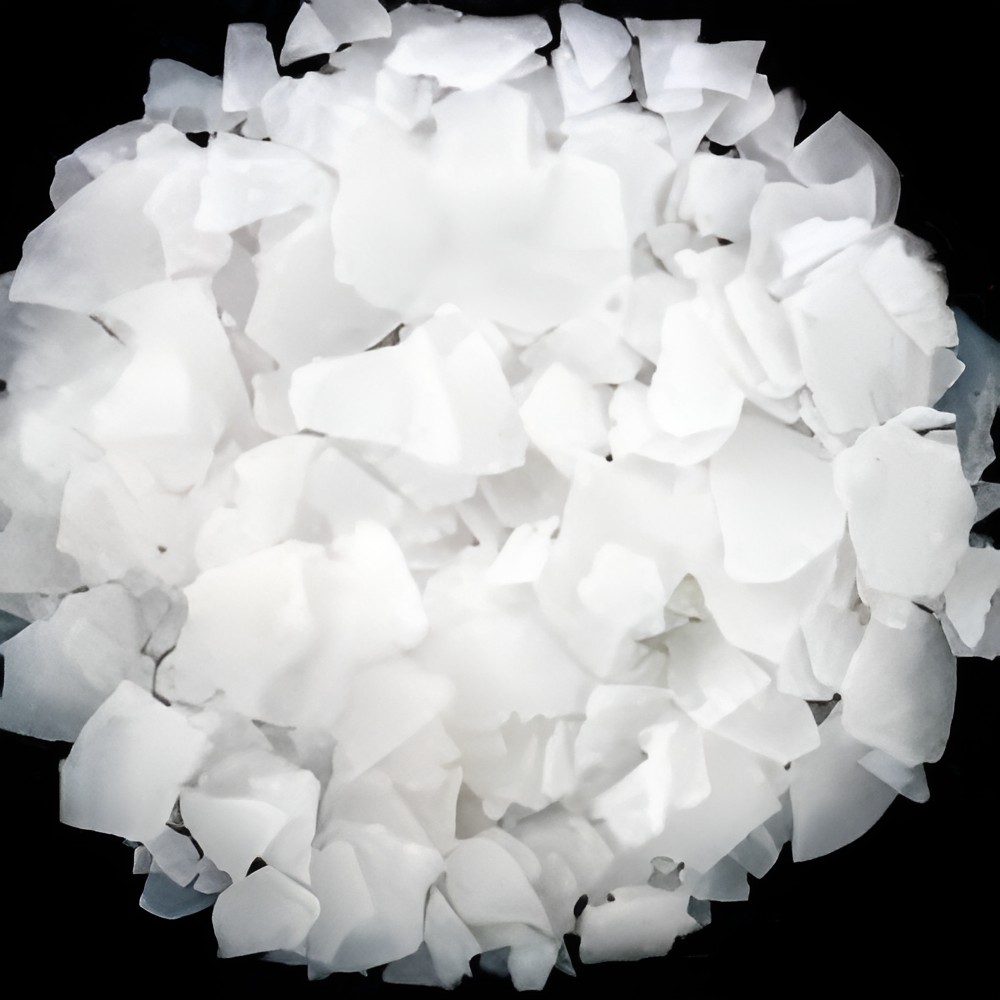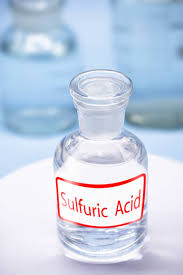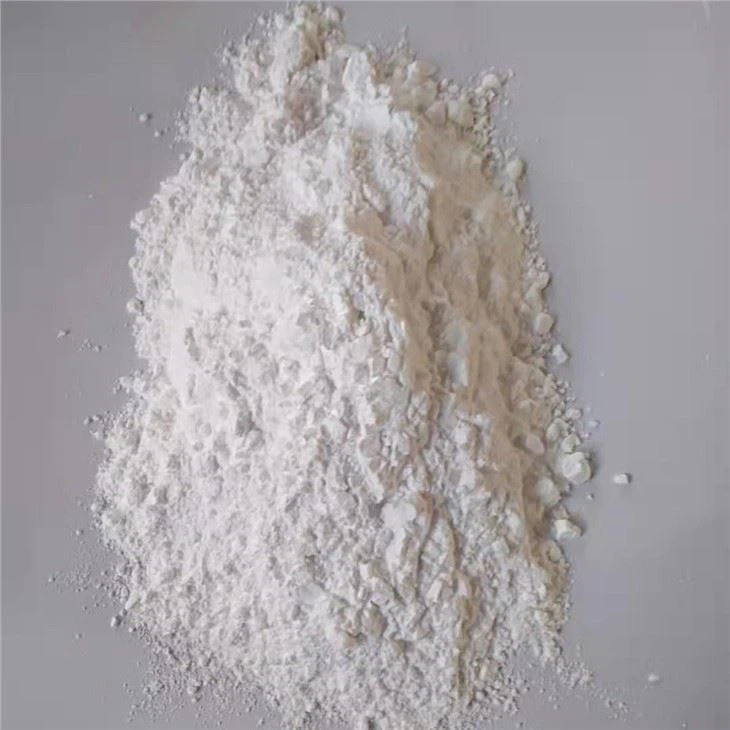Description
ACN is a strongly polar aprotic solvent, most widely used in organic syntheses and industrial processes. This is a colorless liquid with a mild, ether-like odor. It is utilized as a solvent in HPLC analysis. Most of the known uses are within the pharmaceutical, chemical, and agrochemical industries. Acetonitrile is very well miscible with water, alcohols, and other organic solvents, which by nature makes it suitable for a wide variety of chemical reactions and processes.
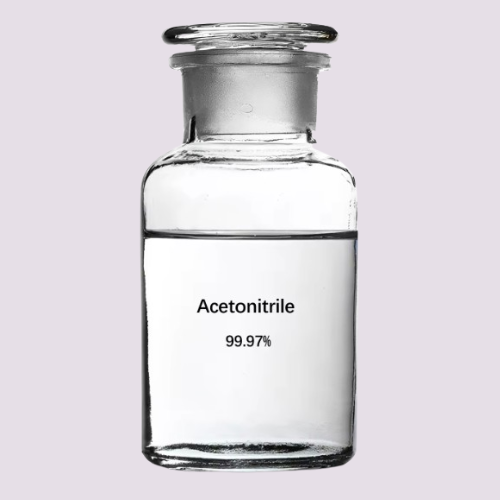
Acetonitrile is, at the laboratory level, considered an essential reagent that organic chemists use, especially in a nucleophilic substitution reaction, and is generally used as a solvent in API synthesis. Some of its industrial uses involve the extraction of butadiene in refineries, drugs, plastics, and batteries. It is also utilized as a solvent for DNA synthesis and peptide sequencing due to its property of dissolving organic and inorganic materials effectively.
Although very useful, Acetonitrile is flammable and therefore should be handled with caution, especially in the industrial setting. Because it is such a good medium for reactions and so pure, it is used more than any other in the fine manufacture of chemicals and scientific research.
Acetonitrile: Chemical Description
- Acetonitrile (ACN), also known as methyl cyanide or ethanenitrile, is a chemical compound with the formula C2H3N. It is a colorless, volatile liquid with a faint ether-like odor. Acetonitrile is widely used in various industries due to its solvent properties, high boiling point, and ability to dissolve a range of polar and nonpolar substances.
- In the chemical industry, Acetonitrile is commonly used as a solvent for high-performance liquid chromatography (HPLC), providing excellent separation and analysis of compounds. It is also used in the synthesis of organic compounds, such as pharmaceuticals, agrochemicals, and specialty chemicals.
- In the pharmaceutical sector, acetonitrile serves as a solvent for drug formulation and as a medium for the recrystallization and purification of active pharmaceutical ingredients (APIs). Its low reactivity and high solvency make it a preferred choice for many applications. The electronics industry relies on acetonitrile for the cleaning and processing of electronic components. It is used in the manufacturing of semiconductors and other electronic devices due to its high dielectric constant and stability at elevated temperatures.
- Acetonitrile is also utilized in industrial cleaning and degreasing applications, owing to its ability to dissolve oils, greases, and other organic residues effectively.
- In the laboratory, Acetonitrile is a common solvent for chemical analysis and research. It is used in titrations, extractions, and various chemical reactions due to its high purity and versatility.
- Furthermore, Acetonitrile is used in the production of synthetic fibers, plastics, and resins, contributing to the manufacturing processes of these materials.
- Acetonitrile is recognized for its low toxicity and low environmental impact, making it a more environmentally friendly option compared to other solvents with similar properties. Its ability to volatilize at relatively low temperatures and its miscibility with water also contribute to its broad range of applications.
- Acetonitrile is a crucial chemical in various industries, serving as a versatile solvent and a key component in numerous chemical processes, from pharmaceuticals to industrial cleaning and beyond.
Acetonitrile Specifications:
- Chemical Formula: C₂H₃N
- Appearance: Clear, colorless liquid
- Density: 0.786 g/cm³
- Boiling Point: 81.6°C
- Melting Point: -45°C
- Solubility: Miscible with water, alcohols, ethers, and most organic solvents
- CAS Number: 75-05-8
- Purity: ≥ 99.9%
- Applications: HPLC solvent, pharmaceutical synthesis, chemical extraction, agrochemicals, battery production
- Viscosity: 0.34 mPa·s (dynamic at 20°C)
- Vapor Pressure: 10 kPa at 20°C
- Shelf Life: 2 years
- Flash Point: 6°C
Features:
- High-purity solvent suitable for pharmaceutical and chemical processes
- Essential in high-performance liquid chromatography (HPLC)
- Ideal for organic synthesis, particularly in nucleophilic substitution reactions
- Highly miscible with water and a wide range of organic solvents
- Used in DNA synthesis and peptide sequencing due to excellent solvating properties
- Flammable—requires safe handling procedures
- Excellent solvent for both organic and inorganic compounds
| Chemical Name | Acetonitrile |
| Purity | ≥99% |
| Molecular Formula | C2H3N |
| CAS Number | 75-05-8 |
| Appearance | Colorless Liquid |
| Grade Standard | Industrial Grade, Laboratory Grade, HPLC Grade |
| Solubility | Soluble in water |
| Melting Point | -45℃ |
| Boiling Point | 82℃ |
| Density | 0.786 g/cm³ |


